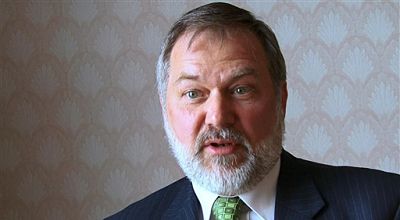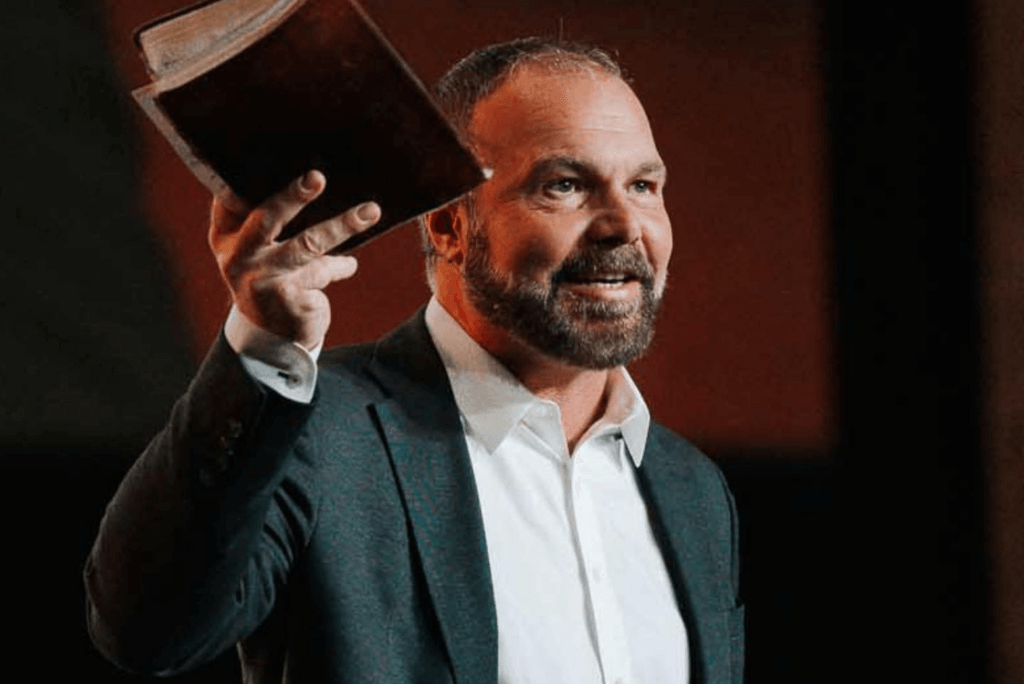A Massachusetts pastor has landed in federal court to defend himself for sharing his opinion on homosexuality and pornography.
A foreign group called Sexual Minorities of Uganda (SMUG) filed suit against Scott Lively based on the Alien Tort Statute (ATS). The ATS provides a cause of action for violations of international laws that are “specific, universal and obligatory.”
Courts have found torture, cruel, inhuman or degrading treatment; genocide, war crimes, crimes against humanity; summary execution, prolonged arbitrary detention and forced disappearance to be actionable under the ATS.
The lawsuit claims that beginning in 2002, Lively preached in Ugandan churches and shared his opinion on homosexuality and pornography. It further claims that as a result, some members of the so-called LGBTI (lesbian, gay, bisexual, transgender and intersex) community faced discrimination—and one in particular, SMUG advocacy director David Kato, was killed on Jan. 26, 2011. The suit leaves out the fact that the suspected killer is a male prostitute with which Kato had sex and refused to pay.
As Liberty Counsel sees it, the suit is a direct attempt to silence Lively because of his speech about homosexuality and pornography. Liberty Counsel is representing Lively.
“This lawsuit against Rev. Scott Lively is a gross attempt to use a vague international law to silence, and eventually criminalize, speech by U.S. citizens on homosexuality and moral issues,” says Mathew Staver, founder and chairman of Liberty Counsel. “This suit should cause everyone to be concerned, because it a direct threat against freedom of speech.”
The Supreme Court recently heard Kiobel v. Royal Dutch Petroleum on the issue of whether the ATS allows corporations to be sued. Following oral argument, the court ordered new briefing and will rehear the case in the fall on the broader question of “[w]hether and under what circumstances the Alien Tort Statute, 28 U.S.C. § 1350, allows courts to recognize a cause of action for violations of the law of nations occurring within the territory of a sovereign other than the United States.”
Liberty says this case against Rev. Lively is an example of why the ATS should not be used to allow a foreigner to file suit against a U.S. citizen in the United States, claiming a violation of some vague international norm allegedly committed in the foreigner’s home country.
See an error in this article?
To contact us or to submit an article





















